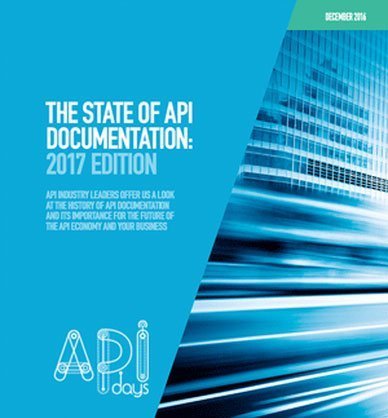
Most organisations which provide any service online use APIs to effect the service transaction between customer and service provider. As APIs become a key enabler in digital service provision for organisations worldwide, there are major similarities in API usage and growth trends in different regions.
However, there are also differences in drivers for API adoption in different regions. Based on firsthand experience in selling API security in the USA, Europe, Middle East, Africa and the ASEAN region, my presentation at APIDays Melbourne highlighted some of the key drivers of API adoption in these regions.
In this quick post, I’ll attempt to provide useful insight into the important aspects of APIs, particularly the key drivers of API adoption in different regions. The primary focus will be the areas I have visited, including the USA, UK, Israel, Singapore, Africa and Australia. In order to understand API investment, adoption, usage and security at government and organisational level, we’ll focus on key aspects of API adoption for organisations in these regions.
Open Banking
Over the last 5-10 years, most governments of developed countries have introduced legislation and regulations that have required usually conservative organisations to open up their data and adopt technologies they wouldn’t ordinarily do. For example in the UK and Europe in general, Open Banking or PSD (Payment Service Directive) is one of the key drivers of API adoption and API enabled services. Although this regulation is perceived to mostly affect banks and financial services providers, the effect of Open Banking spreads further into other businesses, services and organisations.
API Adoption in Africa
Organisations in developing countries have also taken advantage of the growing digital platformisation of services. In Africa, where the majority of users primarily use mobile phones to transact on the internet, mobile phone micro money transfers and mobile money payments are a big driver of the adoption of API based services. Vodafone’s launch of Mpesa, a mobile phone money transfer and microfinancing service in 2007 was one of the earliest initiatives this space in Africa. In 2018, the MTN Group, a South African multinational mobile telecommunications company operating across Africa announced that it was opening up Mobile Money APIs to make it easier for third-party developers to connect to the company’s mobile money infrastructure.
Key Takeaways
In his APIDays Melbourne 2019 presentation, Omaru covered general API trends as well as specific API drivers unique to six regions. Omaru provided real examples and case studies from USA, UK, Israel, Singapore, Uganda, Kenya and Australia to illustrate the general trends and specific nuances affecting the growth of APIs. In addition to a detailed description of the regional drivers of API drivers, the other main takeaway from Omaru’s talk was Omaru’s informed analysis on what traditionally conservative organisations who have thrived on being closed to outside integration are hoping to achieve from open digital platforms and what it means for the rest of the ecosystem including Fintech, Cyber-AI and others.









